Man's wisdom is his best friend; folly his worst enemy
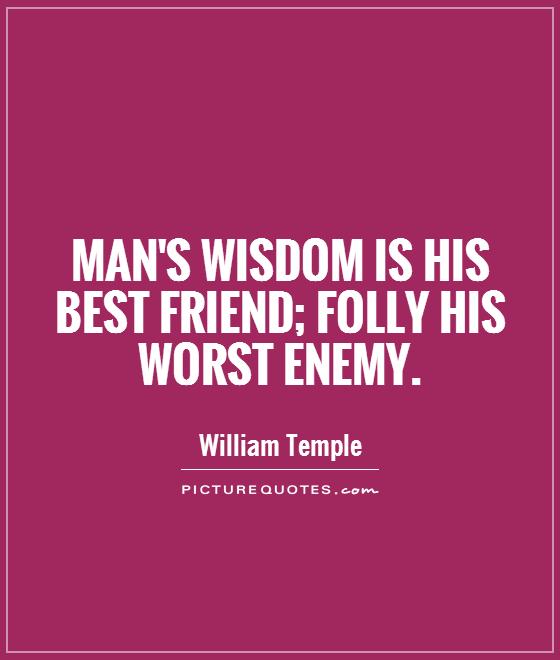
Man's wisdom is his best friend; folly his worst enemy
William Temple, a renowned English bishop and philosopher, once said, "Man's wisdom is his best friend; folly his worst enemy." These words hold a profound truth that resonates throughout history and across cultures. In the context of Temple's words, it is clear that wisdom is a valuable asset that can guide us towards success and fulfillment, while folly can lead us astray and bring about our downfall.Wisdom is often associated with knowledge, experience, and good judgment. It is the ability to make sound decisions based on careful consideration and understanding of the consequences. A wise person is able to navigate through life's challenges with grace and resilience, drawing upon their wisdom to overcome obstacles and achieve their goals. In this sense, wisdom can be seen as a trusted companion that accompanies us on our journey through life, offering guidance and support when we need it most.
On the other hand, folly is the opposite of wisdom. It is characterized by foolishness, ignorance, and poor judgment. A person who acts foolishly is likely to make impulsive decisions without thinking through the consequences, leading to negative outcomes and regrets. Folly can manifest in various forms, such as reckless behavior, poor choices, and a lack of self-awareness. In this sense, folly can be seen as a destructive force that undermines our well-being and hinders our progress.
When we consider Temple's words in the context of man's wisdom being his best friend and folly his worst enemy, we can see how important it is to cultivate wisdom in our lives. By seeking knowledge, learning from our experiences, and making thoughtful decisions, we can harness the power of wisdom to guide us towards success and fulfillment. In contrast, by avoiding foolishness, resisting impulsive urges, and thinking critically about our actions, we can protect ourselves from the destructive influence of folly.
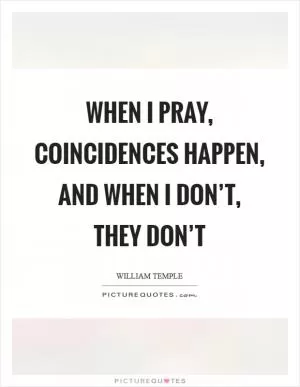
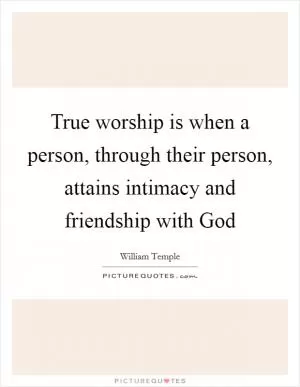
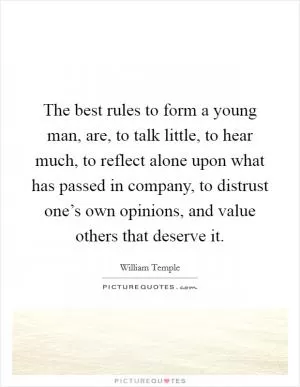
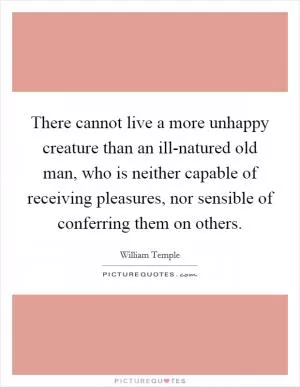
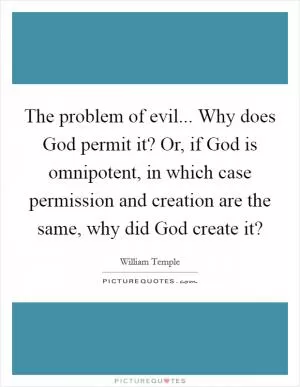
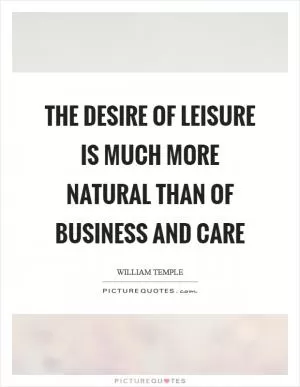
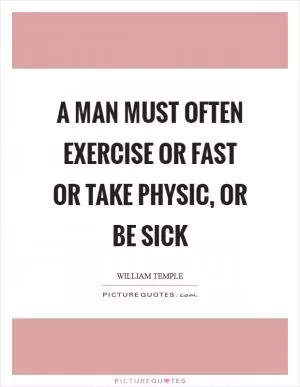
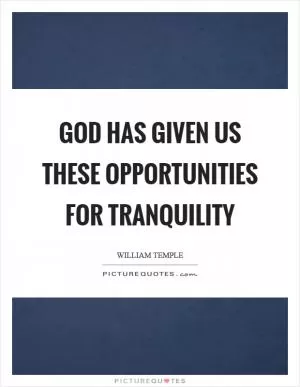
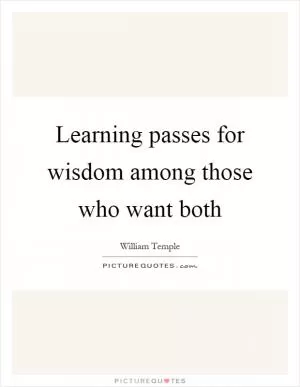
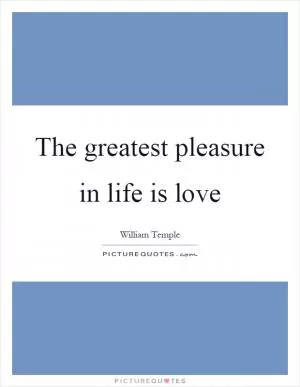
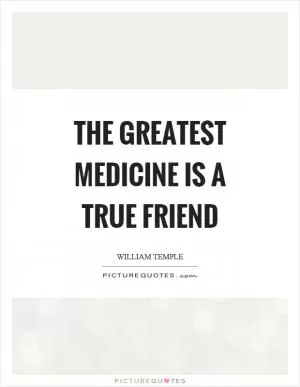
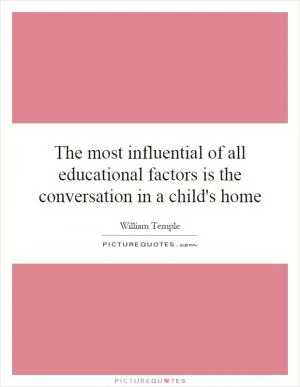
 Friendship Quotes
Friendship Quotes Love Quotes
Love Quotes Life Quotes
Life Quotes Funny Quotes
Funny Quotes Motivational Quotes
Motivational Quotes Inspirational Quotes
Inspirational Quotes